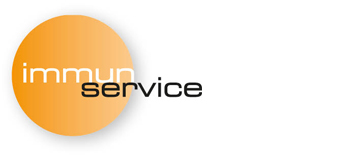Background
About 40 years ago a growth hormone for immune cells was discovered that these cells produce themselves. In cell culture in the laboratory immune cells, the body’s own police, began to proliferate.
And this growth factor could do much more. Initially it was named T cell growth factor, but under its influence immune cells not only increased in number, they also became highly effective killer cells against cancer and virus cells. T cell growth factor was renamed Interleukin-2. Since 1991, a medicinal product variant has been on the market that has since been approved internationally in several countries for renal cell carcinoma, melanoma and AIDS and can offer unparalleled chances for cure, but unfortunately with the risk of considerable side effects.
So far nowhere near all functions of this immune hormone have been uncovered and a particular challenge remains the development of effective, well-tolerated therapies that can be used for targeted and intelligent control of immune functions as required. Immunservice has taken up this challenge.
